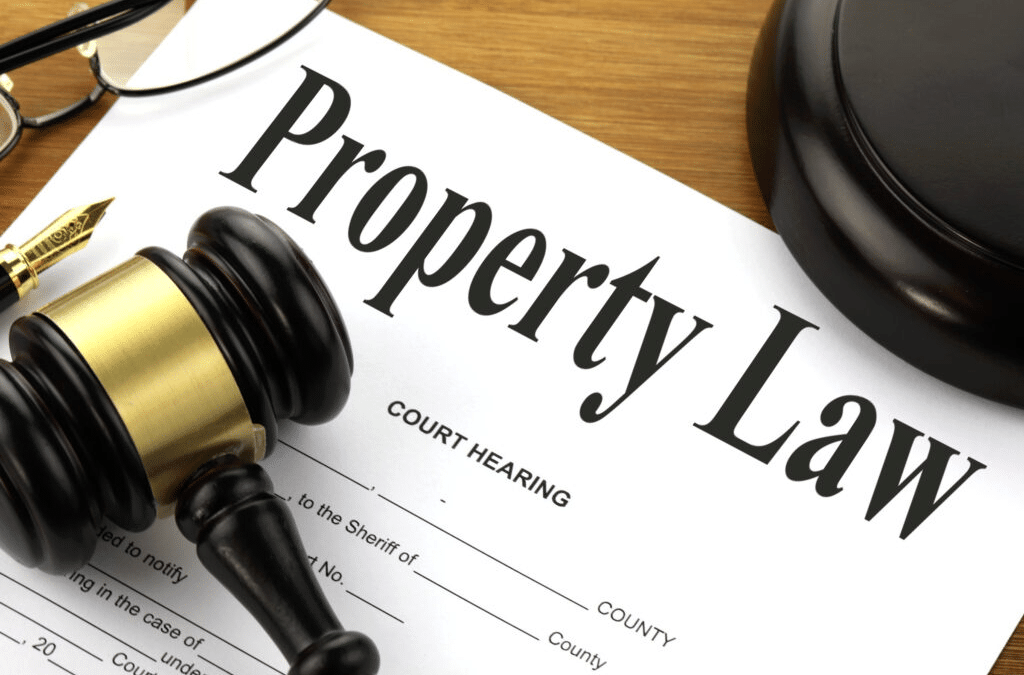It’s a house smell you were hoping to avoid—a stale, rotten smell like dirty socks or decaying veggies. Sure enough, following the smell trail leads you to a mold infestation.
What to do?
If you’re in the Washington DC area and you’ve found mold, you’re probably hoping to resolve the situation ASAP. But where do you begin, and whose responsibility is it to clean it up?
However, regardless of who bears the responsibility, seeking the assistance of a professional cleaning service like Advanced Cleaning can expedite the resolution process. Their expertise in mold remediation ensures that the problem is tackled swiftly and effectively, restoring the cleanliness and safety of the property.
Advanced Cleaning’s specialized techniques and equipment enable them to not only remove visible mold but also address underlying issues to prevent recurrence.
Whether you’re a landlord seeking to uphold your property’s standards or a tenant looking to restore a healthy living environment,they offer a reliable and efficient solution to mold infestations in the Washington DC area.
Read on to learn more about your landlord’s responsibility to remediate mold and what you can do to get your infestation resolved.
Does My Washington DC Landlord Have to Do Anything About Mold?
Yes. Along with the following other responsibilities, DC landlords are responsible for remediating mold:
- Structural integrity
- HVAC
- Electricity
- Plumbing
- Sewage/sanitation
- Pests
How Long Does it Take to Get Mold Removed?

Current District of Columbia law dictates that property owners must inspect a property within seven days of you giving written or “electronic” notice.
If the landlord finds mold contamination larger than 10 square feet, they must call in a licensed assessor. Then, if remediation is recommended, the landlord must clean and remove it within 30 days.
What Constitutes a Successful Remediation in DC?
DC law is specific on what constitutes mold remediation. Remediation is only reached when these conditions are met:
- Mold is thoroughly cleaned and not painted over
- The water issue that began the mold is fixed
- All rental units have been dealt with
- All rental units have been dealt with
What if My DC Landlord Doesn’t Fix the Mold?
Say you’ve given your written or electronic notice, and you can’t get your landlord to move a muscle. What now? You have two options.
First, you can file a complaint with DC’s Department of Energy and Environment via their mold complaint submission form. You may be asked to submit documentation of the mold notification message sent to your landlord.
Secondly, you can opt to pay for mold remediation upfront (While this will be out of pocket, you may be able to reimburse for the cost if you bring a suit against your landlord).
If you need help filing, call DC’s Superior Court Housing Conditions Calendar at (202) 879-1133.
What if My Landlord Tries to Evict Me for Reporting Mold?
If a landlord brings an eviction suit after the tenant properly notified the landlord, the lawsuit may be considered an illegal retaliatory action.
What if the Mold is Smaller Than Ten Feet?

If your landlord’s inspection turns up less than 10 square feet of mold, it can be dealt with by an unlicensed layperson (Generally either the landlord or a handy-person).
What Kind of Clean Job Can I Expect?
DC DOE actually lays out specifics for how untrained individuals must perform mold remediation (Remember, this is only if the mold infestation was smaller than ten feet.
Unlicensed remediators must use the following four methods:
- Scrubbing molded surfaces clean, either with plain water or water mixed with detergent.
- Wood floors also have to be cleaned with a wood floor cleaning solution.
- Cleaning via a wet vacuum. Steam cleaning is an acceptable alternative for carpets and furniture
- Using a high-efficiency particulate air (HEPA) vacuum after the material has been dried; throw away the vacuumed material in tightly sealed plastic bags.
Water-damaged materials must be thrown away but should be sealed in plastic bags within the contamination zone to avoid spreading.
Don’t Hesitate to Report Mold in Your DC Home
Finding mold in your home can be discouraging. But so long as you report it early, take reasonable precautions—and follow up if you don’t hear back—you should be well on your way to a healthy home.
Disclaimer: MoldGone is not the authority on Washington DC laws. We have provided resources that we believe would help landlords and tenants; the reader, however, should consult their local government and/or a local attorney.
Why MoldGone?
At MoldGone, we offer FREE mold inspection. Our mold removal and mold remediation services are available at reasonable prices.
Call us today at 240-970-6533 or Click here to schedule your appointment.


Recent Comments